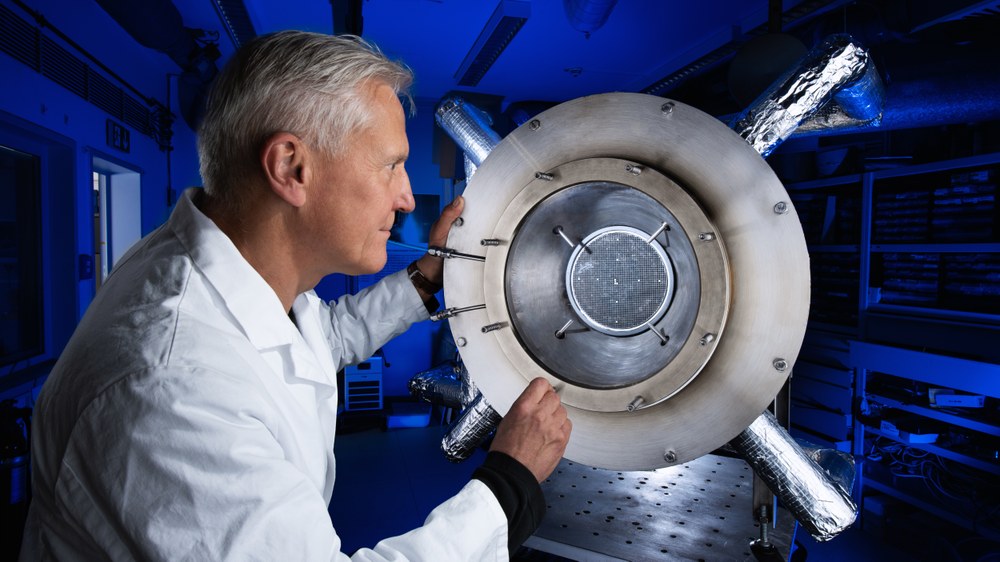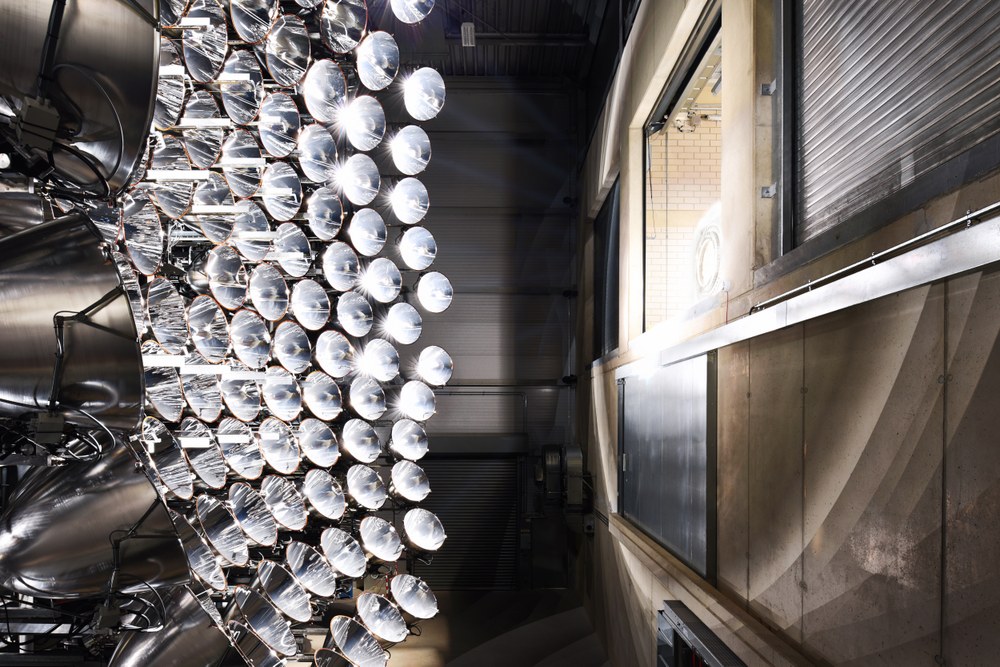Fuels are nothing more than energy stores. Energy is stored in them in the form of chemical bonds and can be stored, transported and accessed as required for any length of time. Over the last one hundred years, carbon-based fuels have become established due to their special properties, especially liquid fuels such as petrol and kerosene. Compared to other energy sources, they have a high energy density and are easy to store and transport. This enables us to travel long distances, whether by road, sea or air.
Since their emergence, carbon-based fuels have been produced from fossil raw materials, mostly from crude oil or natural gas. This is unsustainable in two respects: oil and gas reserves are limited and their combustion produces carbon dioxide. The resulting increase in CO2 concentration in the atmosphere is one of the main drivers and causes of climate change.
Alternative hydrogen?
In recent years, a switch to electricity has therefore begun in many areas and will continue, for example in the area of passenger mobility. Nevertheless, carbon-based fuels will continue to play a key role in mobility for some time to come, particularly for the long-distance transport of people and goods. Alternatives such as hydrogen are being researched at full speed and new or improved technologies for its production and utilisation are being developed, tested and implemented. However, it will take several decades before the infrastructure and mobility are fully converted to hydrogen.
So how can we bridge this period without sacrificing our standard of living?
Carbon-based fuels can be produced not only from fossil raw materials, but also from other carbon sources. At the heart of this is the carbon cycle. Carbon dioxide is filtered out of the air or exhaust gases, converted and reused, for example in the form of kerosene. The result is a so-called CO2-neutral fuel.
Basis synthesis gas
Several process steps are necessary for its production, some of which are already known, while others are still completely new. The first step is the separation of CO2 from the air or exhaust gases and its conversion into carbon monoxide (CO). Hydrogen (H2) is also required, which is obtained as an intermediate product from water using solar energy, for example. Together, CO and H2 form the synthesis gas, the basic material from which various carbon-based fuels can be produced, such as methanol, petrol or kerosene.
The entire process chain, from the capture of CO2, the production of CO and H2, through their conversion into a fuel to their final utilisation, forms a complex and challenging field of research with a multitude of research questions.
The Institute of Future Fuels works with partners from industry and research to test and implement processes for the production of CO2-neutral fuels. In our projects, we analyse fundamental physical and chemical issues, test technologies from the laboratory to industrial scale and compare and evaluate different processes.



